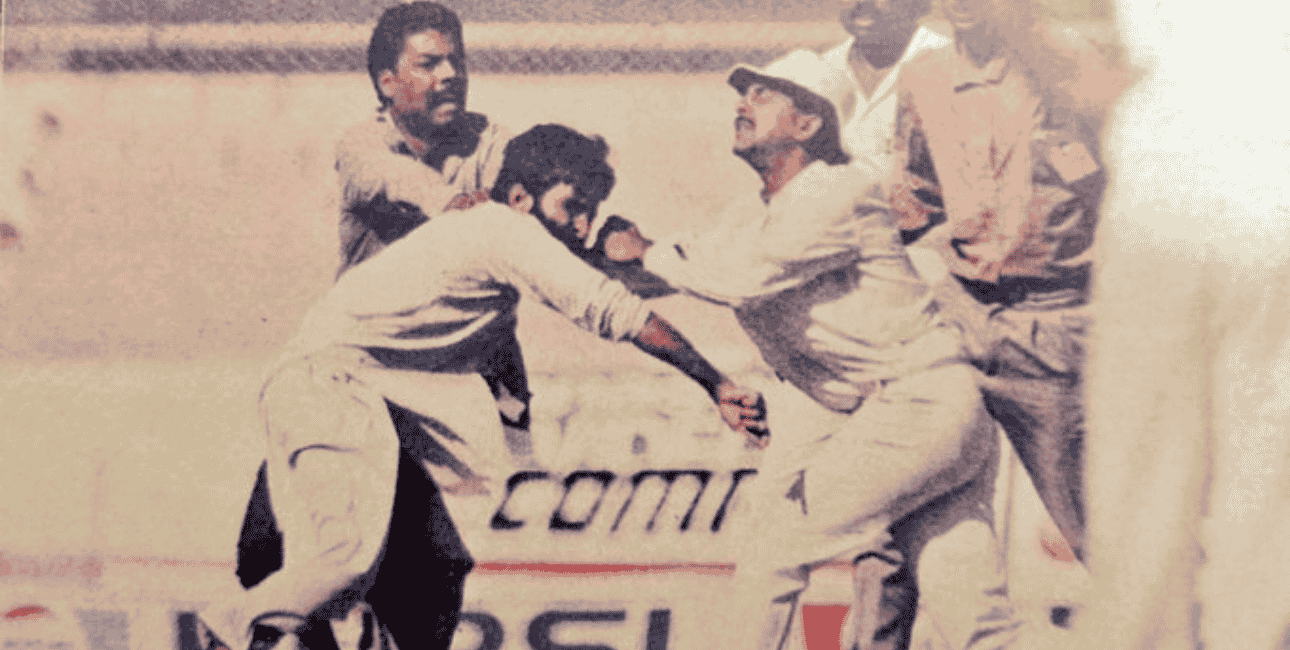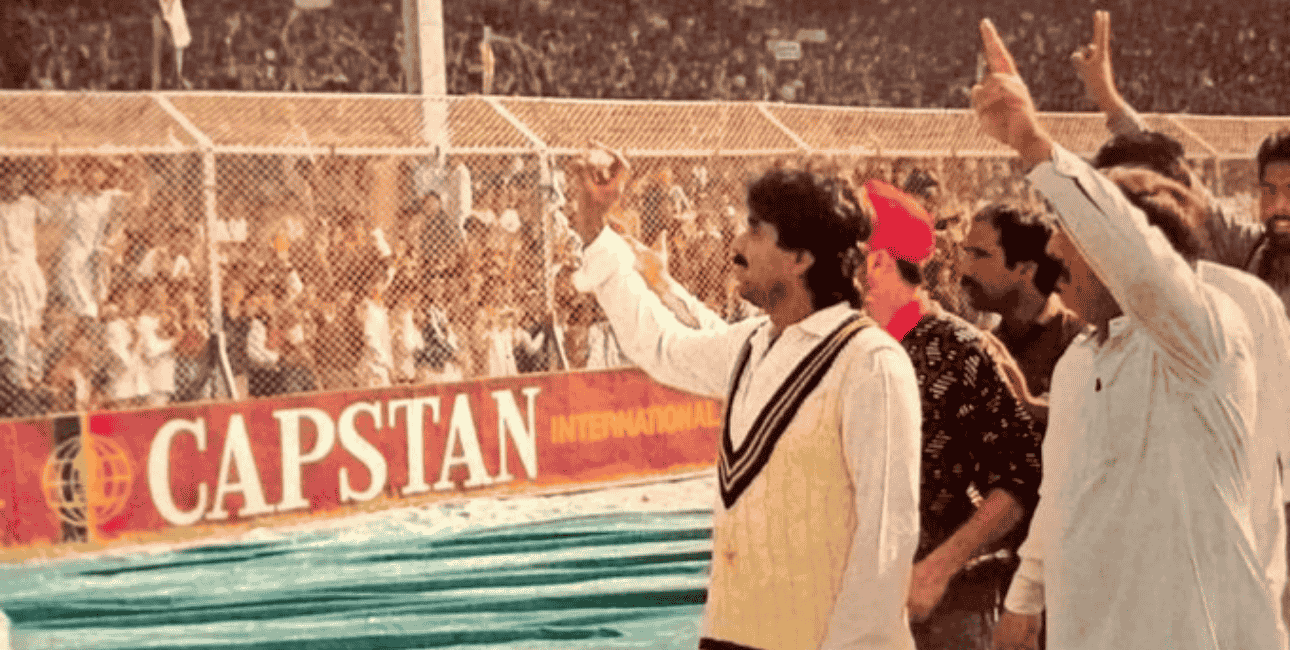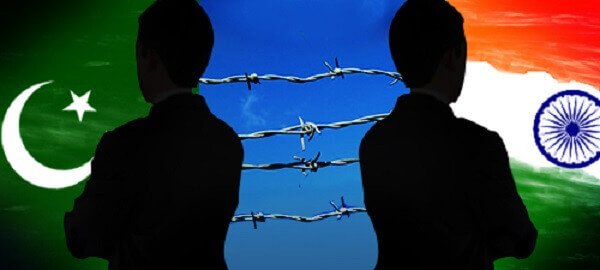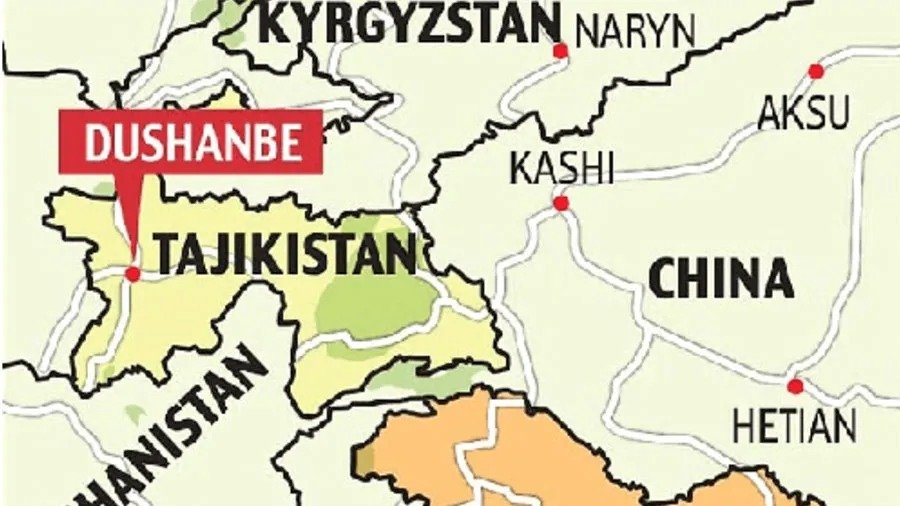Islamabad is protesting vehemently against India for refusing to send its cricket team for the upcoming Champions Trophy, scheduled to be played in Pakistan in February 2025, even as the security situation gets from ‘bad to worse’ in the restive country.
On November 9, a powerful blast ripped through a crowded railway station in Balochistan’s capital city, Quetta, with at least 26 dead and over 60 injured.
This is the latest high-profile terror attack in the country’s resource-rich but impoverished Balochistan province. Earlier in August, multiple coordinated attacks throughout the province left 70 people dead, many of them belonging to Pakistan’s security forces.
What’s even more shocking is that for several hours, Pakistan has effectively lost connection with its largest province, with rail and road connections severed after blasts at railway lines and militants belonging to Balochistan Liberation Army (BLA) seizing control of the highways.
Control could be reestablished only after Pakistan mobilized several army units from the Punjab province, who were hurriedly rushed to crush what the BLA termed “August Rising,” to commemorate the anniversary of the murder of Baloch chieftain Nawab Akbar Bugti in 2006 in a military operation that allegedly involved the use of fighter jets and cluster bombs.

Pakistan’s Security Mess
However, Balochistan is not the only Pakistani province facing a security meltdown.
There were 83 terror attacks in Pakistan just in the month of August. According to the Pakistan Institute for Conflict and Security Studies (PICSS), at least 254 people, including 92 civilians and 54 security personnel, were killed in militant attacks and bombings in August – the deadliest month for Pakistan in the past six years.
According to the digital database of security incidents managed by the South Asia Terrorism Portal (SATP), Pakistan has witnessed 653 terror incidents in 2024 so far, killing 489 civilians and 562 security personnel, making it the deadliest year since 2015.
These figures clearly show that far from improving, the security situation in Pakistan is actually deteriorating. In fact, a close look at the figures clearly establishes that the number of terror incidents in Pakistan has been rising every year since 2019, particularly since the Taliban takeover of Afghanistan in August 2021.
As per SATP, there were 136 terror incidents in 2019, 193 in 2020, 268 in 2021, 365 in 2022, 527 in 2023, and already 653 incidents in 2024 so far.
India’s Refusal To Play In Pakistan
Amid the deteriorating security situation in Pakistan, on November 9, reports emerged that the Board of Control for Cricket in India (BCCI) had informed the International Cricket Council (ICC) that India would not travel to Pakistan to participate in the 2025 Champions Trophy. The ICC officially communicated this to the Pakistan Cricket Board (PCB) on November 10.
India’s refusal to send its team to Pakistan might very well force the ICC to strip Islamabad of hosting rights for the 2025 Champions Trophy or force it to accept a hybrid model in which India will play its matches at a neutral venue, possibly in the UAE.
Pakistan, however, has not taken India’s refusal lightly. Pakistani newspaper Dawn reported that in response, Islamabad is mulling withdrawing from the ICC trophy entirely and directing the PCB to refuse to play against India in any of the ICC or Asian Cricket Council tournaments until issues are resolved between India and Pakistan at the government level.
India has not officially cited Pakistan’s deteriorating security situation for refusing to play in the country. However, nobody could have faulted New Delhi if it did so, given the precarious security situation in Pakistan in recent months.
Moreover, Islamabad has a poor record of providing security to Indian players when playing in Pakistan. On numerous occasions, Indian players were assaulted on the cricket pitch in the full glare of cameras.
In 1989, during a cricket match in Karachi, Indian Captain K.Srikant was attacked and punched on the cricket ground by a Pakistani spectator. In the same match, Mohammad Azharuddin was attacked with a metal hook, as per Chandu Borde, who was team manager during the tour.

On the same tour of 1989-1990, Pakistani spectators pelted stones at Indian players in Karachi. Flamboyant Pakistani player Javed Miandad had to ask the spectators not to throw stones and let the match progress. However, Miandad failed, and the match was abandoned.

Similarly, Indian players were attacked in Karachi during the 1997 tour and again during the 2006 tour of Pakistan.
A Brief History Of Pakistan’s Long Boycott By Cricketing World
While India’s refusal to play in Pakistan is the Indian Government’s long-standing principled position, there is a long history of boycotting Pakistani venues by the cricketing world.
This dark chapter in the history of Pakistan cricket began in March 2009 when terrorists attacked the team bus carrying Sri Lankan cricketers to the Gaddafi Stadium in Lahore for a Test match.
Five Sri Lankan cricketers received injuries, including captain Mahela Jayawardene and his deputy Kumar Sangakkara, Ajantha Mendis, Thilan Samaraweera, and Tharanga Paravitarana. Six security men and two civilians were also killed in the brazen daylight attack in the heart of Lahore.

What followed were unprecedented scenes when a military helicopter landed on the pitch of Gaddafi Stadium in Lahore to airlift injured Sri Lankan players.
The Lahore Test was quickly called off, and the tour was canceled.
This was, perhaps, the first time since the 1972 Munich Olympics – where Palestinian terrorists killed 11 Israeli athletes – that sportsmen had been specifically targeted during an international event.
What makes this macabre terror attack on the Lankan team even more disturbing is that the Sri Lankan team was in Pakistan to fill in for the Indian cricket team, who had pulled out of the tour following the Mumbai terror attacks in November 2008.
In order to persuade the Sri Lankan team to visit, the Pakistani government had promised them presidential-style security. And yet, despite this presidential-style security, Lankan cricketers were attacked by 12 gunmen who had automatic weapons, hand grenades, and rocket launchers.
Many believe this cataclysmic event to be the beginning of a long chapter of international cricketing nations’ boycott of Pakistani venues. However, the malaise had set in many years earlier.
In May 2002, New Zealand abandoned their Test series in Pakistan midway following a suicide bomb attack outside their hotel that killed 12 people, including 10 French defense technicians.
Incidentally, even this tour of Pakistan by the New Zealand team had commenced only after promises of elaborate security arrangements by the Pakistani government. There was much debate as to whether the tour would actually take place after it was postponed following the September 11 terror attacks on the US.
However, after repeated assurances about security arrangements from the Pakistan government and a review of the facilities and plans, it was decided that the tour should go ahead.
Unfortunately, the bravado displayed by the New Zealand Cricket Board did not hold following the bomb blast outside their hotel.
Following the blast, New Zealand Cricket chief executive Martin Snedden told a hastily convened press conference: “I will now arrange to have the team immediately fly out of Pakistan and return home to New Zealand. I don’t think this was a decision that was a difficult one to make quickly. The safety of our players is always a major priority.”
Later that year, in October 2002, Australia refused to tour Pakistan on safety grounds.
In 2008, the ICC Champions Trophy was scheduled to be played in Pakistan. However, after Australian, British, and South African cricket teams said they would not participate due to the “security situation in Pakistan,” the tournament was shifted to South Africa.
Following the 2009 terror attack on the Sri Lankan cricket team, no international team visited Pakistan for almost six years. Pakistan was also stripped of co-hosting rights for the 2011 World Cup because of the “uncertain security situation” in the country. Eventually, India hosted the entire ICC event and won the 2011 World Cup.
Six years after the 2009 incident, Zimbabwe became the harbingers of international cricket’s return to Pakistan when they agreed to a limited-overs tour.
Following Zimbabwe’s tour, other nations slowly started visiting Pakistan. In 2017, eight years after the Lahore attack, Sri Lanka returned to Pakistan, albeit only for a solitary match.
In 2018, the West Indies toured Pakistan for a short T20I series. However, big names, including Chris Gayle, Carlos Brathwaite, and Jason Holder, decided to stay away.
Karl Marx once remarked that “History repeats itself, first as a tragedy, second as a farce.” This phrase was to ring true for New Zealand, which, after leaving their Pakistan tour midway in 2002, decided to tour Pakistan once again in 2021.
However, once again, New Zealand withdrew from the limited-overs series in Pakistan just minutes before the start of the first ODI in Rawalpindi, citing a credible security threat.
Both teams were already at the stadium in Rawalpindi. However, just minutes before the toss, the New Zealand team received information about a credible security threat. After consulting with security officials and the New Zealand government, the board canceled the entire series and quickly arranged for the team to leave Pakistan.
Once again, Pakistan has promised the New Zealand team presidential-style security cover. Yet, after reaching the stadium, New Zealand decided not to play ball, embarrassing Pakistan internationally.
Pakistan’s embarrassment was all too apparent in the rants its cricketers posted on Twitter (now X). Former pacer Shoaib Akhtar posted: “NZ just killed Pakistan Cricket.”
Former Pakistan captain Shahid Afridi said: “On a HOAX threat, you have called off the tour despite all assurances!! @BLACKCAPS do you understand the IMPACT of your decision?”
In 2023, the Asia Cup was slated to be played in Pakistan. However, it eventually went ahead with a hybrid model, with India playing its matches in Sri Lanka.
Pakistan last hosted an ICC event over 28 years ago, in 1996, when it co-hosted the ODI World Cup with India and Sri Lanka.
This begs the question of why Pakistan is insisting on hosting the ICC Champions Trophy, given how multiple times in the past, various cricket series had to be abandoned in Pakistan due to security reasons. While those were bilateral series, the ICC Champions Trophy is an eight-team event. If the series is abandoned midway, the financial loss to the ICC will be huge, not to mention the embarrassment it will heap on Pakistan.
India’s refusal to send its cricket team to Pakistan might be a ‘blessing-in-disguise’ as it has given Islamabad a face-saver by allowing it to withdraw from hoisting the event, as Pakistan knows very well that it can not guarantee full proof security to players even in the stadium, let alone in hotels and at other public places.
While Pakistan is protesting vehemently and threatening to boycott playing against India in all formats, deep inside, Pakistan can take a sigh of relief that India has saved Islamabad a huge potential humiliation.
- Sumit Ahlawat has over a decade of experience in news media. He has worked with Press Trust of India, Times Now, Zee News, Economic Times, and Microsoft News. He holds a Master’s Degree in International Media and Modern History from The University of Sheffield, UK.
- He can be reached at ahlawat.sumit85 (at) gmail.com
- VIEWS PERSONAL OF THE AUTHOR
- Follow EurAsian Times on Google News







